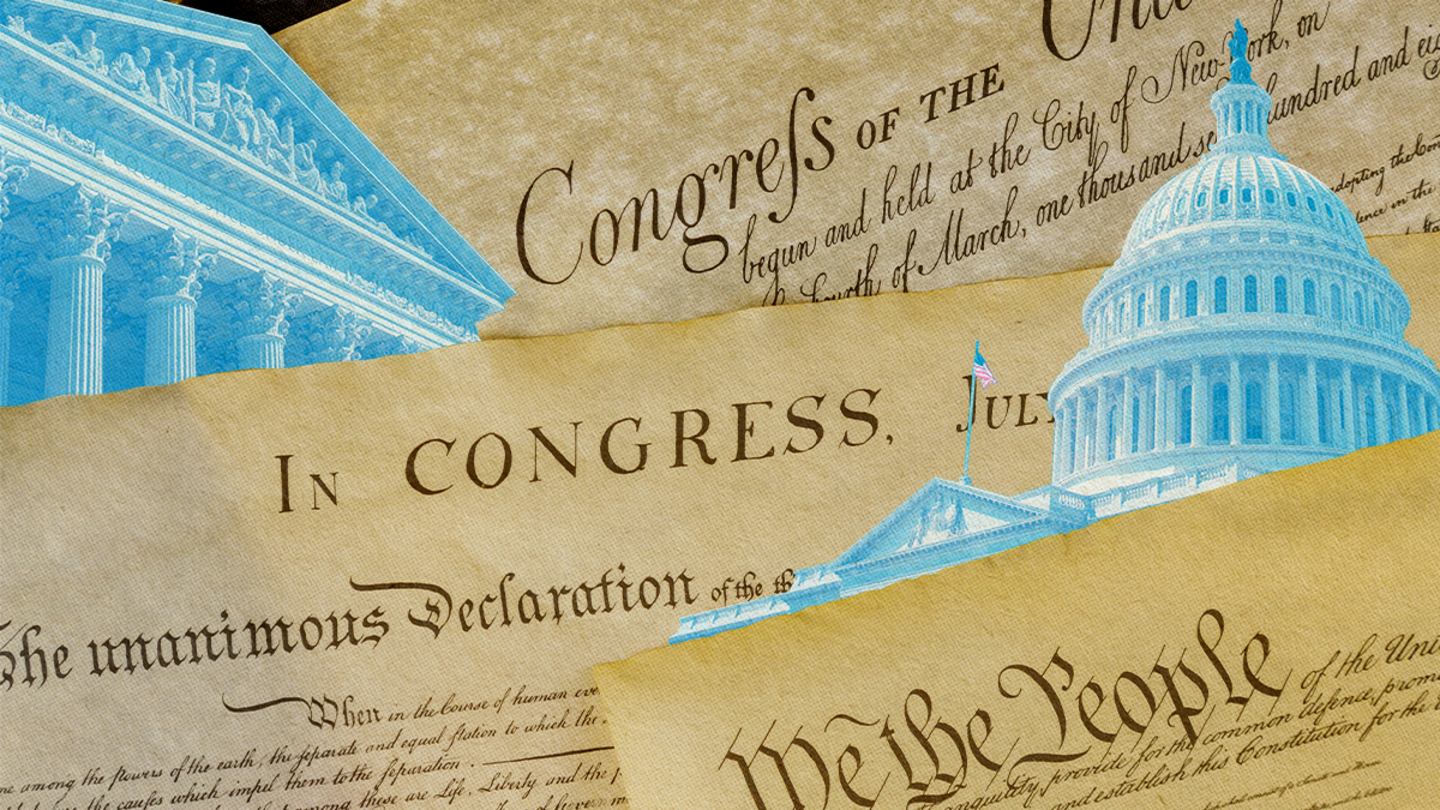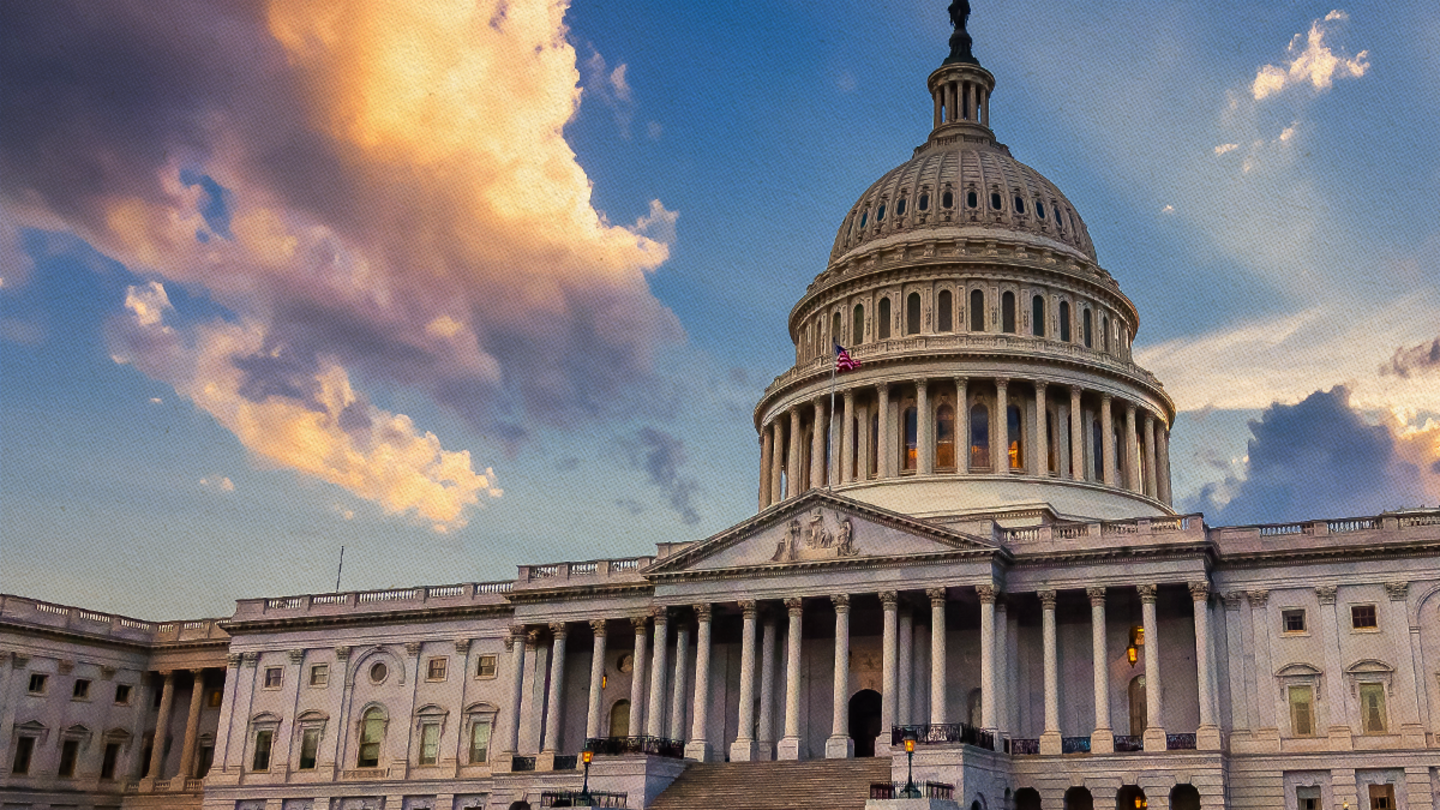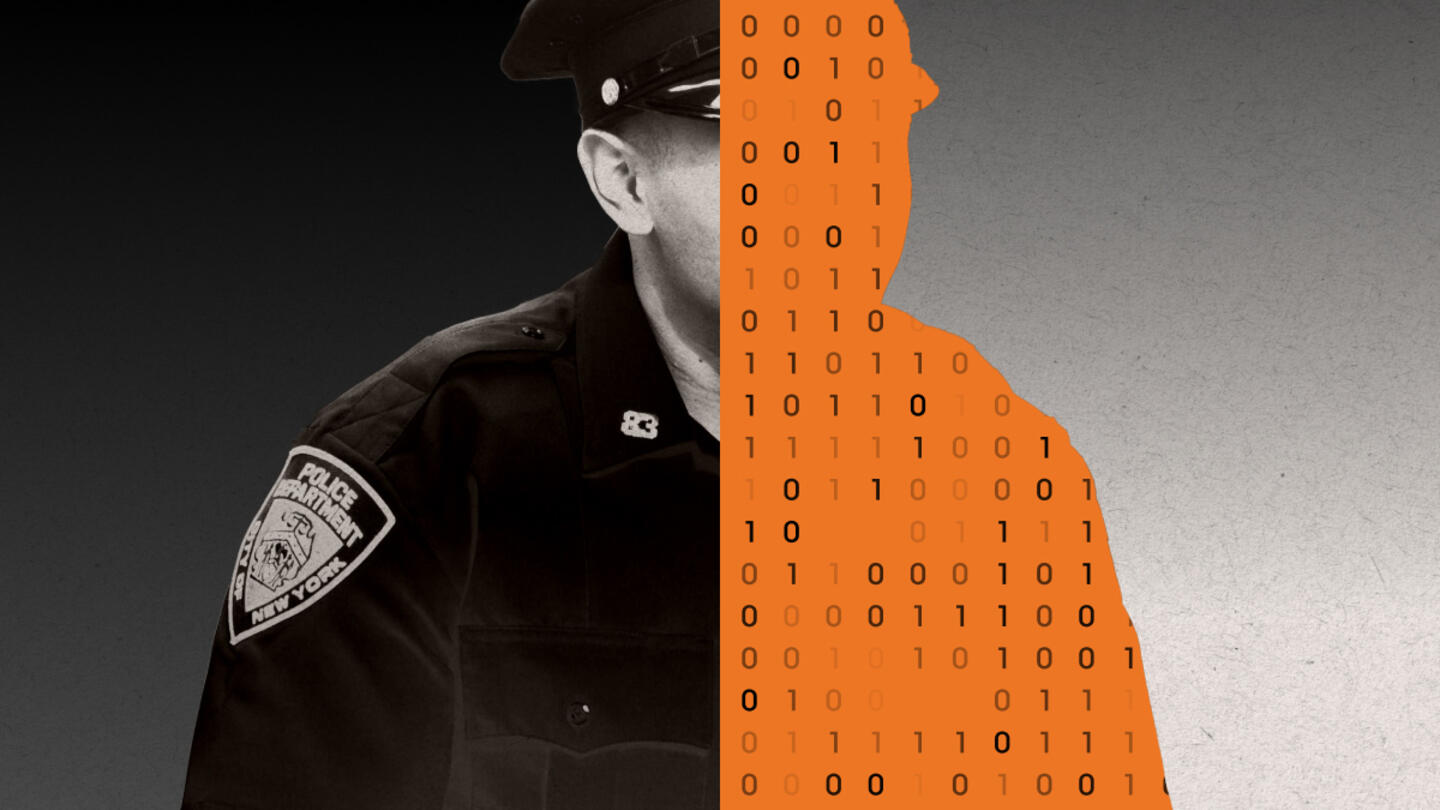This article was originally published by Stand Together Trust. It was written by Jeremiah Mosteller, Stand Together Trust policy liaison for criminal justice reform.
The Sixth Amendment to the United States Constitution guarantees every citizen the right to access legal counsel for their defense in a criminal proceeding. The Amendment was so important to the Founding Fathers that the only occupation listed in the Bill of Rights was a defense lawyer.
The government, as the administrator of justice in our society, must ensure the rule of law and protect its citizens against violations of their individual rights. When someone is accused of a crime, the government must protect the accused from arbitrary and unreasonable prosecution by upholding their constitutionally ensured right to legal counsel throughout a criminal proceeding.
The first mention of access to legal counsel during criminal proceedings in the United States appeared in the Massachusetts Body of Liberties of 1641. Most scholars agree that the right to legal counsel in colonial and early America was meant only as a right to hire or retain your own attorney in criminal proceedings and not a right to the appointment of counsel by the courts. This theory is supported by the fact that Congress, after the adopted of the Sixth Amendment, passed a law that expressly provided for appointment of counsel upon request in any federal treason case.
In fact, the current understanding of the Sixth Amendment’s access to counsel provision began in 1938. The Supreme Court ruled in Johnson v. Zerbst that all federal courts must provide defendants with legal counsel if they are unable to employ such counsel in their criminal trials. The Court has continued to expand and clarify this right, most notably in Gideon v. Wainwright which extended the right to state criminal trials. In that case, Justice Hugo Black famously said: “The right of one charged with crime to counsel may not be deemed fundamental and essential to fair trials in some countries, but it is in ours.”
Justice Black’s powerful statement rings hollow for many facing criminal charges in our justice system. The United States’ current state of public defense has been described as a patchwork of systems in crisis, with many public defense offices lacking the resources or staff needed to manage overwhelming caseloads. One study found that Louisiana’s public defense system has the capacity to handle a mere 21 percent of its caseload, leaving many defendants without protections needed to fight against the power of the state to restrict their liberty through the justice system.
The lack of resources and access to counsel has a direct impact on outcomes in our justice system. Multiple studies have found that lower levels of public defense spending correlate with negative outcomes for defendants, such as more severe sentences and a higher likelihood of a guilty verdict. To meet this challenge, some public defense offices are now taking extraordinary steps to ensure adequate representation for their clients, such as suing the state for additional funding, refusing to take on new cases, and even raising money through crowdfunding platforms. The Orleans Public Defenders office was forced to launch a crowdfunding campaign to raise part of the $1 million budget shortfall it was facing in 2015.
Overburdening of our public defense system delays justice and results in increased taxpayer expenditures to ensure true justice. While only 3 percent of federal criminal cases result in a trial, the average length of time for a criminal case involving a jury is 17.2 months in the federal system, statistics that are echoed in most state criminal justice systems as well. In Wisconsin alone, defendants frequently wait weeks or months in jail simply because no attorney is available to take their case.
These delays in justice can be partially attributed to overwhelming caseloads of appointed counsel or public defenders, causing them to be unprepared for hearings and trials. These caseloads cause many criminal defendants to sit in pre-trial detention for months before they even have an opportunity to speak with their public defender. Ineffective representation by public defenders at trial also results in more appeals and exonerations, costing taxpayers a significant amount of money and further burdening courts and the public defense system.
Improving access to counsel is difficult as every state has a unique court system and geographic difficulties like mountains or isolated communities that must be accounted for in any reform efforts. There are three systematic changes that could be adopted across jurisdictions to improve access to counsel in our justice system:
1. Parity between prosecution and defense
The status quo in the American criminal justice system does not satisfy the Supreme Court’s understanding of the Sixth Amendment, leading to a significant disparity between prosecutorial and defense functions. While prosecutor offices received $5.8 billion to employ 78,000 full-time staff, public defense offices received only $2.3 billion in funding to employ fewer than 25,000 full-time staff. The level of resources that states provide for public defenders varies widely, from $0 in Pennsylvania to $214 million in Florida. This shifts the financial burden to counties, resulting in disparate levels of legal services among counties in the same state.
Resource disparity affects both the number of attorneys available to serve local communities and the level of support staff available to public defenders. Prosecutors across the country have the support of law enforcement and forensic departments, but many public defenders lack any access to similar experts that can call into question to reliability or accuracy of evidence presented before or during trial.
These inequalities also apply to the salaries of public defenders and the fees paid to private attorneys who work on criminal cases. A recent report found that Wisconsin paid private attorneys $40 an hour for taking public defense cases even though the average overhead for such attorneys in the state is more than $41 an hour. Research analyzing the federal system has found that attorney experience, wages, and law school quality are all significant predictors of their performance in criminal defense.
The justice system is essential to the role our government should play in society. We must achieve resource parity between prosecutors and public defenders. All components of the system must be fully funded to achieve public safety while protecting the rights of those charged with crimes and avoiding wrongful infringements upon the liberty of American citizens.
2. Early appointment of counsel
Neither Constitution nor Supreme Court precedent establishes the point at which access to counsel must be granted. Some courts have held that this right must be fulfilled only after formal criminal charges have been filed while others have been less clear.
Given that more than 95 percent of state and federal criminal cases are resolved through a plea bargain, many of the important decisions in our justice system occur before criminal charges have been filed with a court. Many defendants are not well equipped to engage in plea negotiations with prosecutors or even to understand their constitutional rights during this critical stage, presenting unethical prosecutors with an opportunity to take advantage of defendants who lack counsel.
A majority of states do not provide legal counsel to defendants at their initial appearance. In these hearings, judges determine whether there was probable cause for an arrest, determine any pretrial conditions, and decide whether to detain the individual. Access to counsel at this hearing is essential because any period of pretrial incarceration has been found to increase the likelihood that a defendant will plead guilty or be convicted.
Access to counsel should be provided whenever the government is making a decision that has a bearing on whether an individual is found guilty or could restrict that person’s liberty through incarceration. While there is no uniform approach states can take to ensure proper provision of counsel for defendants, a variety of states and local jurisdictions can serve as models for implementing early appointment of counsel.
3. Defense independence
A privately hired attorney in a criminal case has an incentive to represent a client to his or her utmost ability because of market factors such as payment, reputation, and future business. These incentives do not apply for attorneys who work in a public defender’s office or appear on the court-appointed list in many jurisdictions. Public defense offices are often dependent on the legislative or executive branches for funding, and appointed counsel is frequently at the mercy of local judges. This leads to misaligned incentives that could undermine a defendant’s access to counsel.
While all attorneys have an ethical obligation to defend their clients “with reasonable diligence and promptness,” financial incentives can push legal counsel to please the executive, legislative, or judicial figure signing their paychecks. One survey from Kansas showed that judges in the state frequently punished attorneys on the court-appointed list who did not plead cases before trial. In Maryland, the state’s Chief Public Defender was fired by a Board of Trustees, comprised primarily of Governor appointees, after being pushed to scale back her zealous representation of clients.
These are just two instances of the dangers that can arise. Misalignment of the financial incentives of our public defenders can also result in defense attorneys seeking more frequent plea deals and faster disposition of cases to please those who pay their bills instead of focusing on what is best for their clients.
Any public defense system should be properly insulated from undue influence that could compromise defense attorneys’ ability to provide passionate representation for their clients. Ideally, oversight of criminal defense attorneys should be administered by a nonpartisan, independent board that would supervise the quality of services, assign any necessary private counsel, and advocate for office resources needed to provide public defense.
The failures of our public defense system oppose the basic notions of due process and the interpretation of the Sixth Amendment by the Supreme Court. By ensuring that the legal principle of innocent until proven guilty is upheld through proper fulfillment of the right to access counsel, we can ensure greater trust in our justice system, reduce the number of wrongful convictions, and expedite the resolution of cases. As the Supreme Court has noted, “While a criminal trial is not a game in which the participants are expected to enter the ring with a near match in skills, neither is it a sacrifice of unarmed prisoners to gladiators.”
***
Learn more about Stand Together’s constitutionally limited government efforts, and explore ways you can partner with us.




